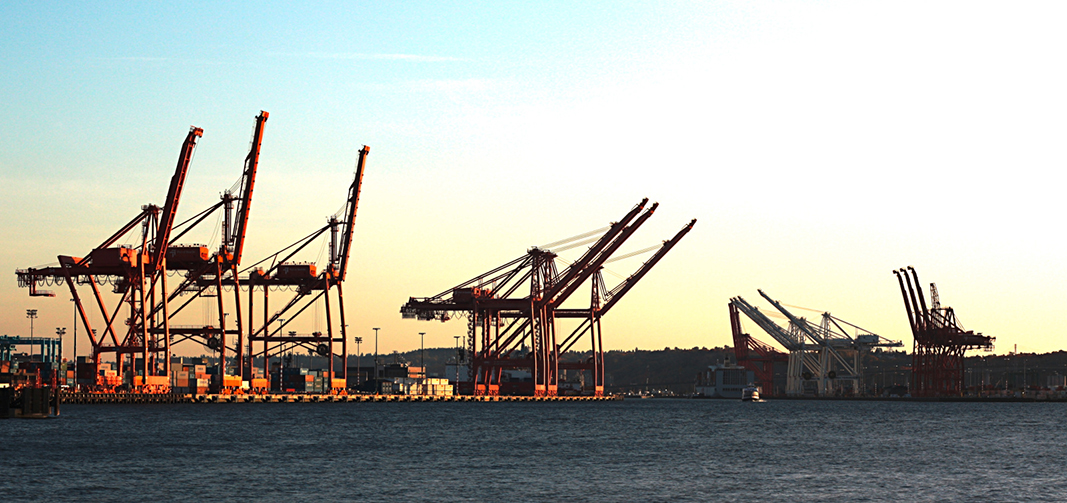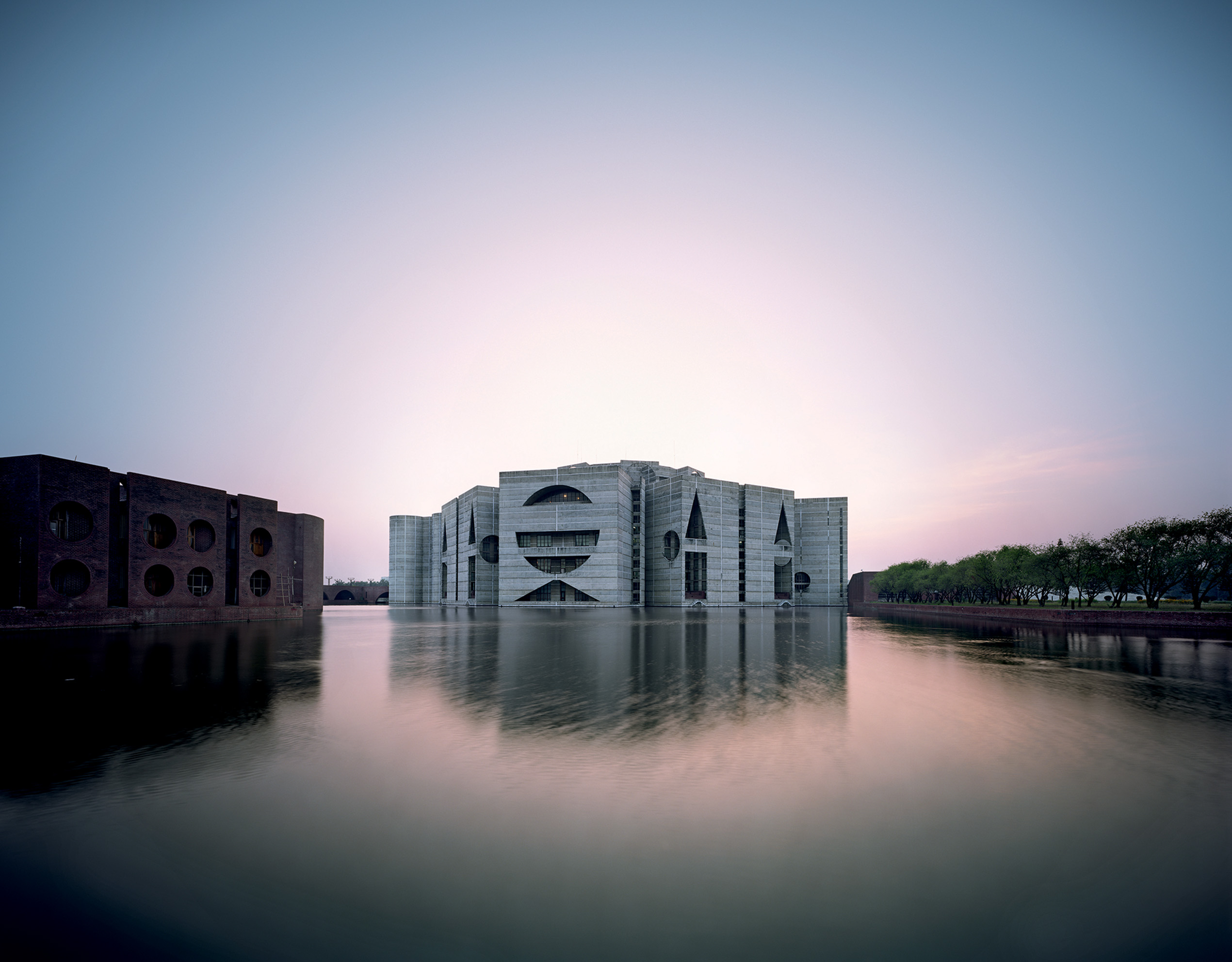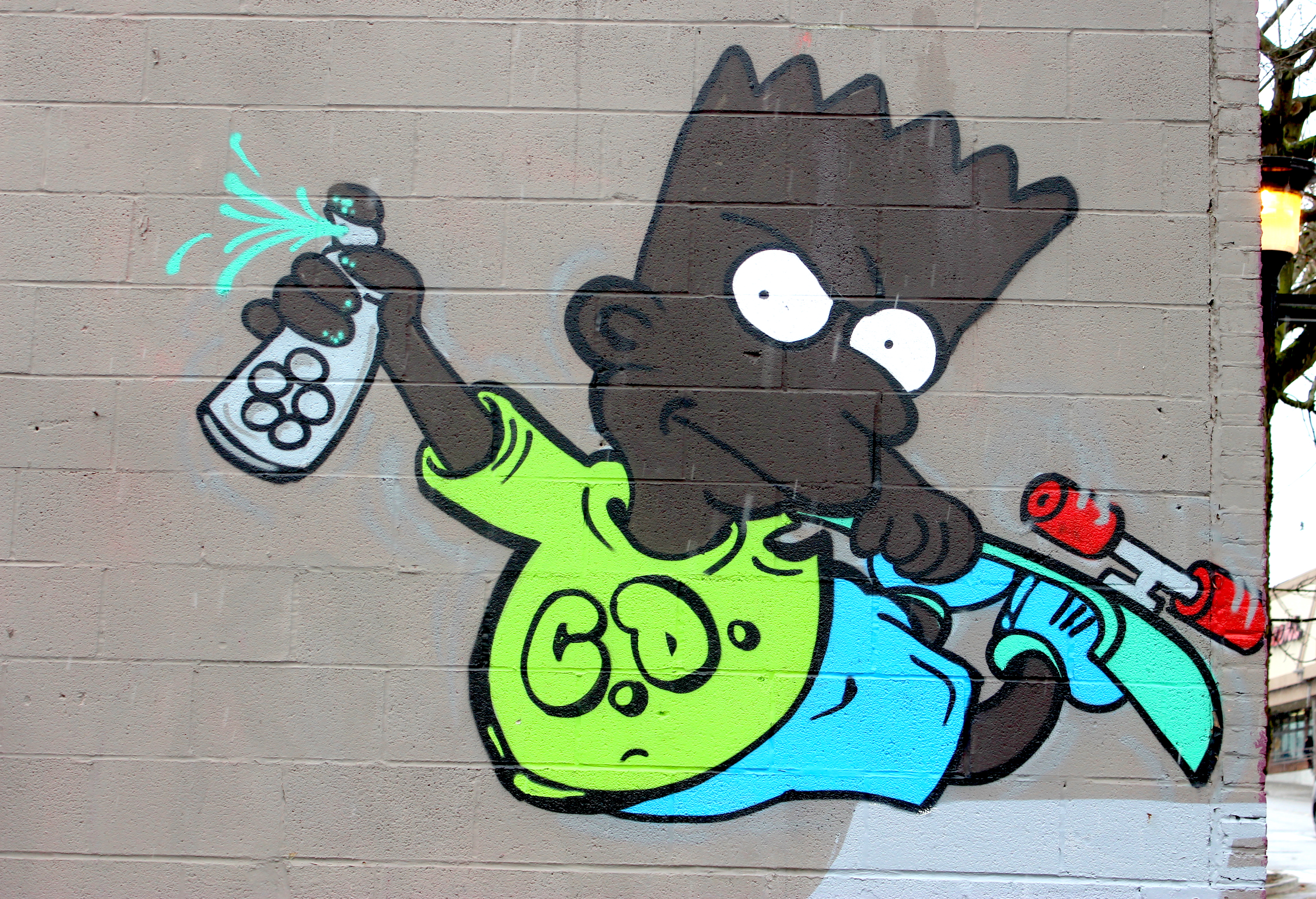Besides Amelia Earhart’s whereabouts and the location of the Ark of the Covenant, few things are as shrouded in mystery as the true nature of the position of “Seattle Port Commissioner.”
Despite this, we will soon be asked by mail-in ballot who we think should be “Port Commissioner”: Courtney Gregoire or John Naubert? Stephanie Bowman or Michael Wolfe? Richard Pope or Tom Albro? Pete Lewis or John Creighton?
Trying to discern what a Port Commissioner does, let alone which potential Port Commissioner to vote for on the ballot, inspires a sort of Lovecraftian cosmic horror—one rooted deeply in the human mind’s psychic inability to comprehend the mundanity of the political position.
As with most mysteries, the answer to this enigma lies behind a secret door. It is a door in Sea-Tac Airport that leads to a covert mezzanine level. This mezzanine extends for what seems like miles over security lines and duty-free cologne retailers. At the end of this pathway, you will find a hidden, gilded office complex.
The first two Tuesdays of the month, the Port Commission meets at the salaciously named Pier 69. On the last Tuesday of the month, they meet here, in this golden, wood-paneled complex.
As I step inside, the Port Commission is talking about Chris Hansen’s proposed SoDo arena. They aren’t talking about fun arena stuff, like slam-dunking or foam fingers, but instead about all the stuff around the arena. The boring stuff. Roads. Freight railways. How the roads might affect the freight railways, etc.
Commissioner Gregoire, the daughter of former Gov. Christine Gregoire, is clearly very upset by a draft of an environmental-impact statement on the arena. Traffic from the arena will likely clog nearby Holgate Street, which intersects a railway used to ship port-related cargo.
Gregoire is very passionate about Holgate. She’s driven on the street often, she says. She asks those presenting the DEIS if they know how clogged and dangerous the road already is without cramming thousands of basketball fans next to giant trains.
This is the first clue as to what Seattle Port Commissioners do: They care a lot about very important, very boring things. Things like container and cargo terminals, grain elevators, and shipping yards.
Seattle’s port is the seventh largest in North America, and accounts for roughly 200,000 jobs.
They aren’t the glossy jobs Seattle likes to talk about: tech jobs at Microsoft, soul-crushing jobs at Amazon, or socially conscious hip-hop ambassador jobs. Rather, they are the jobs behind those jobs: stevedores and ship captains who grease the skids of America’s dependence on cheap imported goods.
With the general nature of the Seattle Port Commission somewhat clear now, the next important thing to determine is what kind of human you should elect to such a position.
The #1 criteria for electing a Port Commissioner is whether or not they enjoy menial tasks, such as reviewing reports and underlining worrisome things in those reports. Gregoire is excellent at this. When she reads something in a report she finds troubling, she asks one hundred pointed questions until the question is answered. She asks why the arena was considered a “private” project when taxpayers would fund $200 million for its construction a number of times until she receives a satisfactory response. Tom Albro and Stephanie Bowman are also great at this.
Challengers to the incumbents are a varied lot. Gregoire’s opponent Naubert wants to use the position to talk about exciting, unimportant things that have nothing to do with freight, like freeing the Cuban Five, who were arrested for spying in Miami in 1996. Albro’s challenger Pope, a perennial candidate, is 0-for-11 in his runs for various elected offices. Michael Wolfe, running against Bowman, pledges broadly to fight for jobs, trade, and tourism, so at least he has the boring thing down.
The race with the best chance of heating up is Lewis vs. Creighton. Creighton is running for his third term, and, like many liberal candidates, has gotten on the Seattle Times editorial board’s bad side. Specifically, the board takes him to task for harassing e-mails he sent to his ex-girlfriend in 2009, saying that reflects his confrontational nature. So that’s interesting. But he still has plenty of support, notably for his interest in environmental issues, which have been ignored for most of the port’s history.
Current Port CEO Tay Yoshitani will retire next year, so the Commission race is also crucial in that they will be responsible for selecting his replacement. The new CEO will lead the fight against our eternal foe, Canada, where British Columbian ports are marginally kicking our butts at shipping freight. Much of this is due to those ports’ ability to handle giant new boats that can hold considerably more shipping containers, thanks to a 2015 expansion of the Panama Canal.
So remember, the Seattle Port Commission’s job is to care about boring, important things, so you don’t have to. When you vote, make sure to pick someone who will passionately ensure our boats are big enough to beat Canada’s and our arenas don’t congest our roads. Our role in America’s consumption of cheap plastic goods depends on it.
ksears@seattleweekly.com








